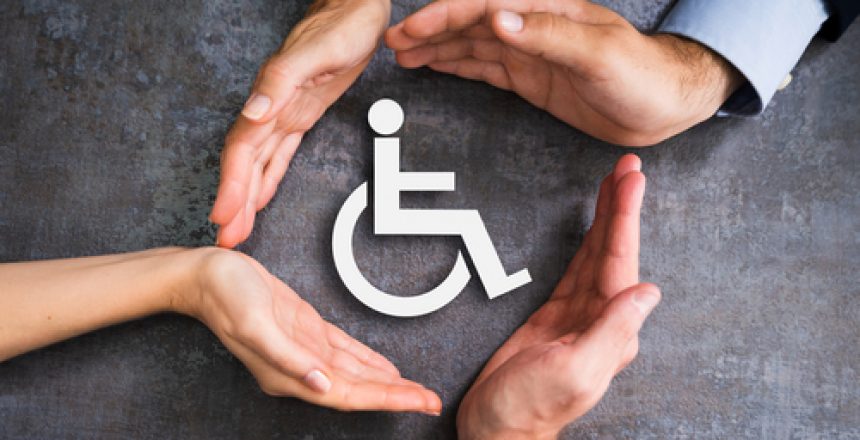The answer to this very common question is: yes, absolutely. If you have a disability, you can begin receiving Medicare benefits after you have received SSDI for two years. You don’t have to be 65 or older to get Medicare; if you have a disability, it does not matter how old you are.
People with disabilities make up around 15% of Medicare beneficiaries. If you are disabled and want to know more about your Medicare options, our expert insurance team is here to help and will answer any questions you may have.
Eligibility for Medicare
As someone with a disability, you qualify for Medicare coverage once you have received Social Security Disability Insurance (SSDI) or Railroad Retirement Board disability benefits for at least 24 months.
If you have End-Stage Renal Disease (ESRD), you qualify for Medicare benefits in the fourth month of your regular course of dialysis treatment. Alternatively, with approval from your doctor, you can complete training for at-home dialysis treatments from a Medicare-certified training facility. You could then begin receiving benefits in the first month of at-home dialysis treatments.
If you have Amyotrophic Lateral Sclerosis (ALS, also known as Lou Gehrig’s disease), you will begin receiving coverage the same month you begin receiving Social Security disability benefits.
Automatic Enrollment
You automatically get Medicare Part A and Part B after you have received Social Security disability benefits or certain Railroad Retirement Board disability benefits for 24 months. Instead of signing up, you will find your red, white, and blue Medicare card in the mail three months before your 25th month of receiving disability benefits. Your Medicare coverage begins in this 25th month.
End Stage Renal Disease (ESRD)
People with ESRD have the option to enroll in Medicare but do not have to and are not automatically enrolled. Because these patients spend a lot of time in outpatient dialysis treatment facilities, they benefit the most from Medicare Part B. For that reason, it is recommended that people with ESRD sign up for both Medicare Part A and Part B. Unique to ESRD, Medicare coverage is retroactive by up to 12 months from when they sign up.
Amyotrophic Lateral Sclerosis (ALS)
If you have ALS, you should apply for disability benefits from Social Security as soon as possible. You will begin receiving Medicare coverage the same month that your disability benefits begin.
Why Sign Up for Medicare?
People with disabilities know all too well how expensive health care treatments, items, and procedures can be. Those who qualify after receiving disability benefits for 24 months receive Medicare Part A without having to pay premiums. That has the potential to significantly reduce your out-of-pocket toward hospital costs. Your copayments under Medicare Part B are only 20% of the Medicare-approved amount, which is much lower than what the hospital would charge you, giving you additional cost savings.
Although Original Medicare does not have an out-of-pocket maximum, by enrolling in Medicare Part A and Part B you have the capability to sign up for a Medicare Advantage plan or add a Medicare Supplement. These plans can help you control your out-of-pocket expenses.
Do you have a disability and want help finding a Medicare plan that solves your coverage needs? Contact Malhotra and Assoc. Insurance to enlist the help of our qualified and friendly team of Medicare experts.


